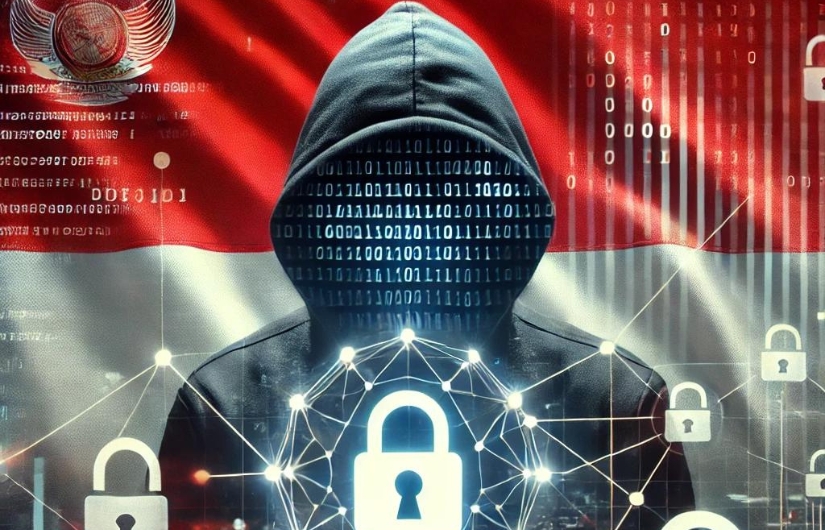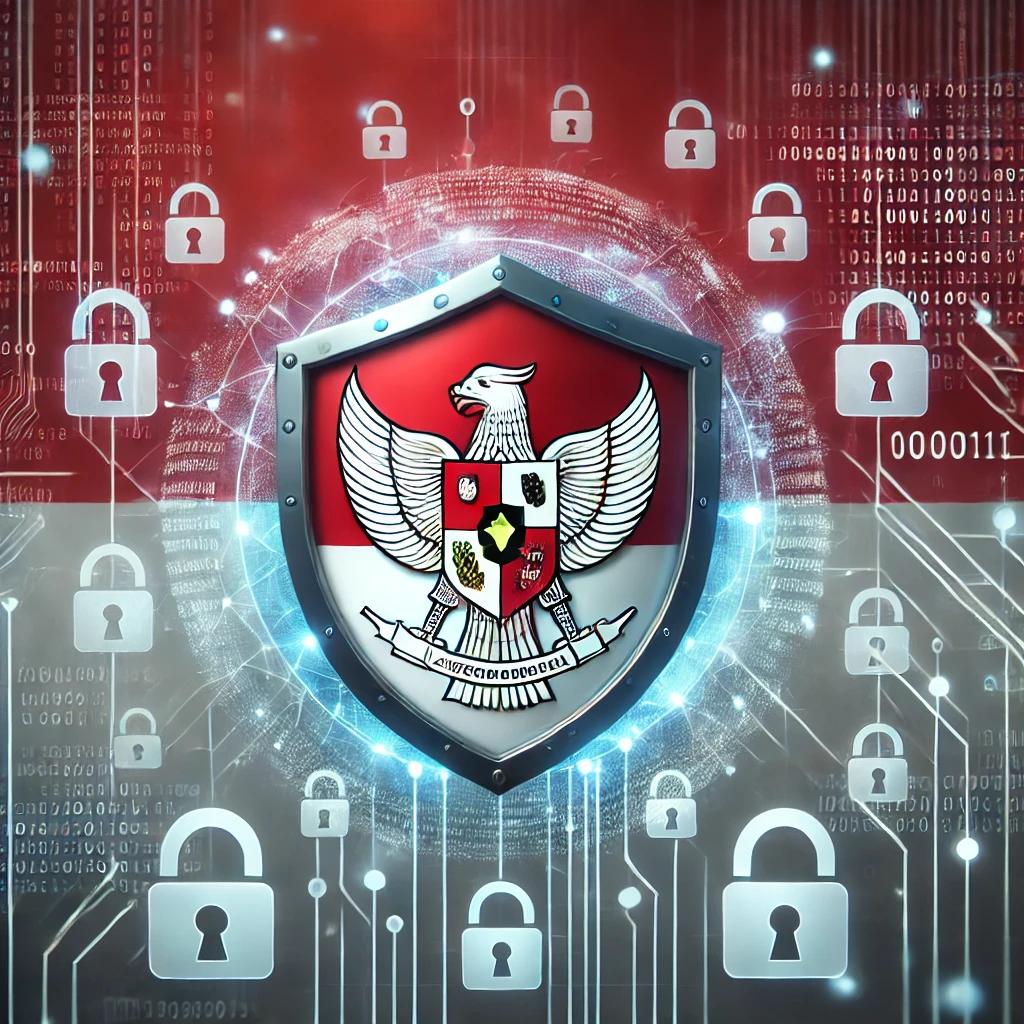Indonesia’s Cybersecurity Wake-Up Call: Harnessing Space Technology To Combat Cyber Threats

Indonesia’s cybersecurity infrastructure faced a glaring spotlight this week as a data centre breach sent shockwaves through the nation’s digital landscape. This alarming incident, reportedly involving a ransom demand, underscores a critical vulnerability in a rapidly digitizing economy.
A cyber attacker compromised Indonesia’s national data centre, disrupting immigration checks at airports and demanding an USD 8 million ransom. The attack caused significant disruptions to several government services, particularly at airports, where long lines formed at immigration desks. However, automated passport machines are now back in operation, according to the Communications Ministry.
The breach, targeting an Indonesian data centre, has compromised sensitive information and raised significant concerns over the nation’s preparedness to fend off such cyber threats. While details remain sparse, the gravity of the situation cannot be overstated. This is not merely a technical glitch; it’s a stark reminder of the ever-evolving nature of cybercrime and the sophisticated tactics employed by malicious actors.
Indonesia, with its burgeoning digital economy, cannot afford to lag in cybersecurity measures. The breach highlights an urgent need for robust security protocols, advanced threat detection systems, and a comprehensive national strategy to safeguard critical infrastructure. It’s a wake-up call for policymakers, businesses and cybersecurity professionals to prioritize and fortify their defences.
As we delve deeper into the digital age, the stakes are higher than ever. Cybersecurity is no longer a peripheral issue but a central pillar of national security and economic stability. In this context, leveraging cutting-edge technologies, including those developed for space security, could offer a revolutionary solution to the escalating cyber threat landscape.
Lessons from Space Cybersecurity
The insights from space cybersecurity provide a promising direction. Space systems, including satellites, ground stations and communication links, are increasingly targeted by cyber-attacks. Many of these systems were designed before cybersecurity became a major concern, making them particularly vulnerable. Attackers can disrupt satellite communications, manipulate data and even take control of critical systems, posing a significant risk to both space and terrestrial operations.
Types of Cyber Threats
Command Intrusions: Unauthorized commands can be sent to satellites, leading to malfunction or destruction.
Malware: Malware can infect ground systems controlling satellites, spreading through networks.
Spoofing and Replay Attacks: These attacks trick systems into accepting false data, disrupting operations.

Ai Generated image by Elite+ Editorial Team
Strategic Responses
Encryption and Multi-Level Security: Implementing advanced encryption and multi-level security protocols on satellites can protect data integrity and confidentiality.
Proactive Defence Strategies: Using open systems architecture and model-based systems engineering (MBSE), organisations can develop adaptive and proactive defences against cyber threats.
Supply Chain Security: Ensuring the security of the supply chain is crucial. This involves vetting suppliers, validating the origin of components and preventing the use of compromised parts that could introduce vulnerabilities.
Lessons for Indonesia
Adopt Advanced Encryption: Inspired by satellite communication security, Indonesia can enhance its data encryption protocols to safeguard sensitive information.
Real-Time Threat Detection: Implementing real-time threat detection systems, similar to those used in space operations, can help quickly identify and neutralise cyber threats.
Supply Chain Integrity: Like the US space agencies, Indonesia must ensure that its supply chains for critical infrastructure are secure, reducing the risk of cyber-attacks through compromised components.
The lessons from space cybersecurity highlight the need for a comprehensive approach that includes robust security measures, continuous monitoring and a proactive stance on emerging threats. By leveraging advanced technologies and strategies from the space sector, Indonesia can significantly enhance its cybersecurity resilience.
Integrating advanced space cybersecurity measures can provide Indonesia with a robust framework to combat cyber threats effectively. This approach not only addresses current vulnerabilities but also prepares the nation for future challenges in the digital landscape. This incident should not be seen as a setback but as an opportunity to strengthen and elevate Indonesia's cybersecurity framework to a new level of sophistication and reliability. The road ahead demands vigilance, investment and a proactive approach to mitigate risks and protect the nation’s digital assets.





























































































































































































































































































































































































































































































































































































































































































































































































































































































































